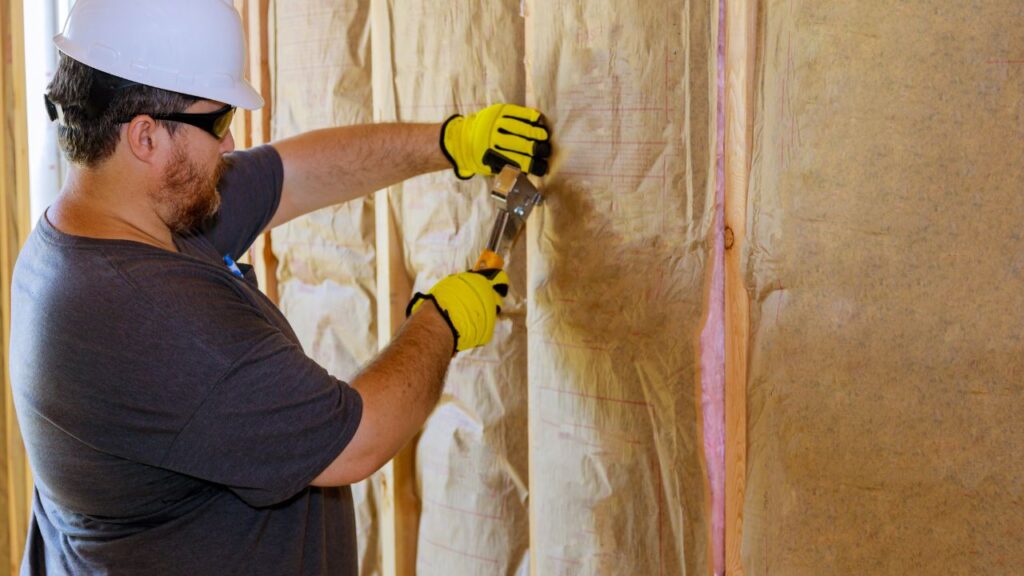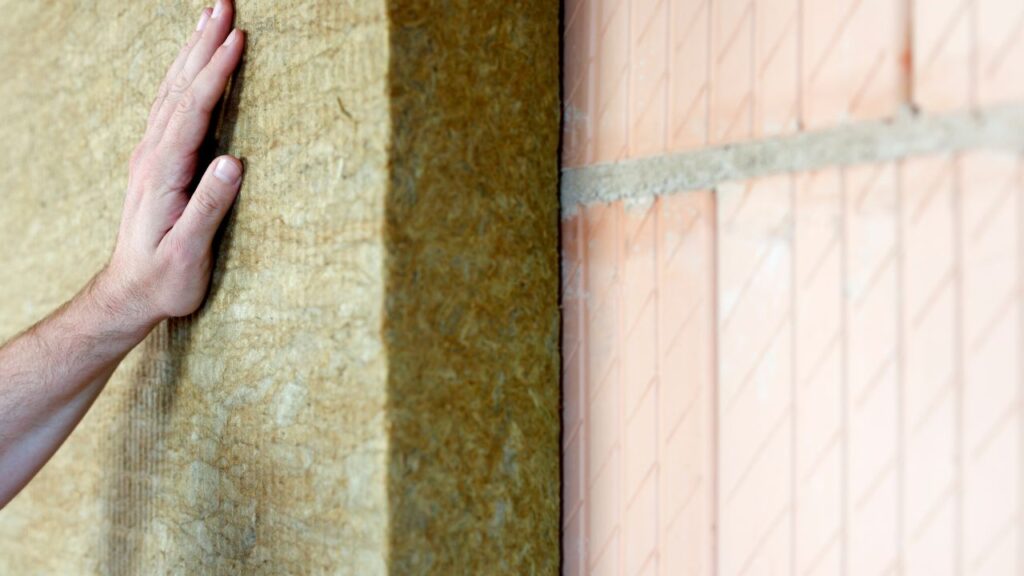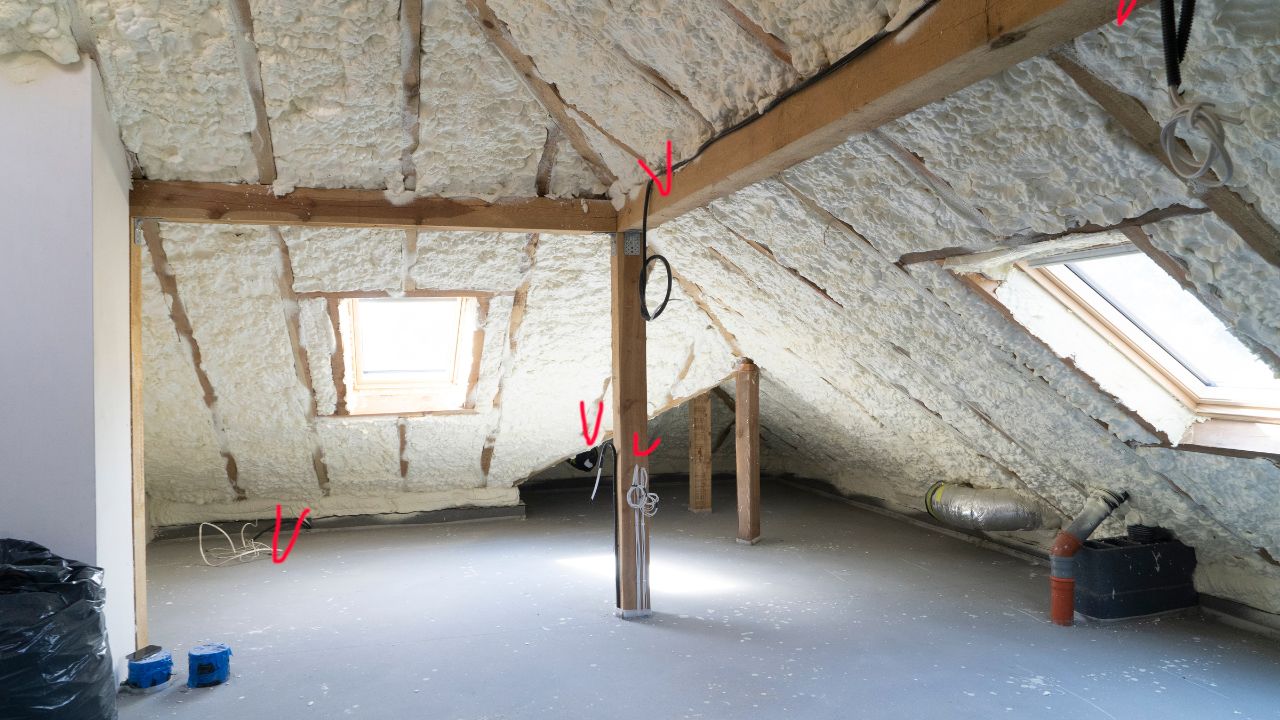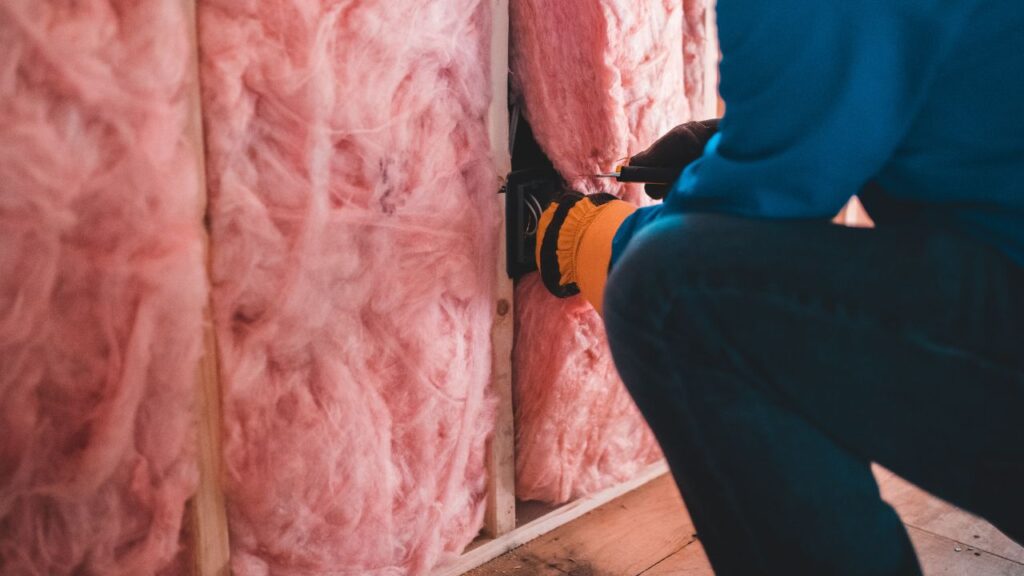Boost Your Insulation Bids – Request a Precision Estimate!
- Accurancy
- Efficiency
- Transparency
- Customization
- Time Saving
- Professionalism
- Cost Control

In the relentless pursuit of cultivating an energy-efficient and supremely comfortable living space, the insulation of a home emerges as a cornerstone in the architectural playbook. Beyond being a mere shield against the capricious whims of extreme weather conditions, a well-insulated house stands as a beacon of energy conservation, promising substantial savings over the course of time. For those contemplating the prospect of insulating a 2000 square foot residence, embarking on this journey necessitates an intricate understanding of the multifaceted factors that sway the pendulum of costs and the latent advantages that such a judicious investment can unfurl. In this comprehensive guide, we delve into the intricate realms of financial considerations, unraveling the nuanced dynamics that underscore the costs of insulating a 2000 sq ft house, all while illuminating the latent potential for enhanced energy efficiency and sustainable living.
The selection of the right insulation material is a pivotal decision that significantly shapes the overall cost of an insulation project. Among the commonly employed options are fiberglass, cellulose, spray foam, and rigid boards, each characterized by its unique properties and application methods. Fiberglass, composed of fine glass fibers, is often found in batts or rolls, offering effective insulation. Cellulose, made from recycled paper treated with flame retardants, is blown into spaces as loose-fill insulation. Spray foam, an expanding foam that seals gaps, provides excellent insulation and can be sprayed directly into walls.

Rigid boards, typically made from materials like fiberglass or foam, serve specific applications in walls, roofs, or floors. The cost dynamics of each material vary, influencing the overall budget and determining the effectiveness of the insulation.
The thickness of insulation is a critical factor that directly impacts thermal efficiency, albeit with potential cost implications. Thicker insulation generally enhances the ability to regulate indoor temperatures, contributing to energy efficiency and reduced utility bills. However, the decision on insulation thickness requires a delicate balance between optimizing thermal benefits and adhering to budget constraints. Striking this equilibrium is crucial to ensuring cost-effectiveness while still reaping the rewards of enhanced insulation performance over the long term.

Fully Insured Licensed Hire a Contractor For Garage
Hire Contractor
Make Informed Design Decisions Showcase Your Design Ideas
Get RenderingThe condition of existing walls and the preparatory work required before the insulation process commences can wield a substantial influence on overall costs. Structural issues such as cracks, leaks, or rot must be meticulously addressed before insulation installation to ensure a durable and effective outcome. Preparatory work extends beyond mere repairs, encompassing assessments for dampness or mold, which demand thorough attention. The extent of this groundwork, intricately tied to the specific needs of the property, holds sway over both labor and material costs, making comprehensive preparation a fundamental aspect of any successful insulation project.
The challenges associated with accessing certain areas of a property can introduce complexities that reverberate in increased labor costs. Architectural intricacies or landscaping features may create difficulties in reaching specific sections for insulation application. Overcoming these access challenges often necessitates specialized equipment or techniques, adding an additional layer to the overall project expenses. Effectively addressing access challenges becomes imperative in ensuring a uniform and comprehensive insulation application across all areas of the property.
Homes graced with intricate architectural elements, whether bay windows, ornate facades, or unique structural designs, introduce a layer of complexity to insulation projects. The insulation solutions for properties adorned with such features often need to be customized, influencing both material and labor expenses. The intricacy introduced by these architectural elements demands specialized detailing and adjustments to maintain the delicate balance between preserving the aesthetic integrity of the property and ensuring optimal energy efficiency. As a result, homes with distinctive architectural features may incur additional costs, but the tailored insulation solutions contribute to the overall effectiveness and sustainability of the project.

While the cost holds undeniable importance, let us not forget the symphony of benefits insulation plays in the grand opera of homeownership:

In the quest for an energy-efficient and comfortable living space, insulating a 2000 sq ft house is a crucial investment. This comprehensive guide explores the factors influencing costs, such as insulation type, thickness, preparation work, access challenges, and architectural features. Breaking down costs into budget options, from practical approaches to premium solutions, emphasizes the tailored nature of insulation projects.
Beyond the monetary aspect, insulation provides a symphony of benefits. It reduces energy bills, ensures year-round comfort, and enhances property value in the resale market. The article encourages homeowners to view insulation not just as a cost but as a long-term investment with significant returns in savings, comfort, and overall property appeal. Ultimately, insulating a home is a melody that extends beyond the initial price tag, resonating in the financial, comfort, and resale aspects of homeownership.
Insulation is crucial for maintaining energy efficiency, regulating indoor temperatures, and ensuring comfort. It acts as a barrier against extreme weather conditions and contributes to substantial long-term savings on energy bills.
Several factors impact insulation costs, including the type of insulation material chosen, its thickness, preparatory work required, access challenges, and the presence of architectural features in the home.
Common insulation materials include fiberglass, cellulose, spray foam, and rigid boards. Each material has unique properties and applications, influencing both effectiveness and cost.
Thicker insulation generally enhances thermal efficiency but may come with higher costs. Striking a balance between optimal thermal benefits and budget constraints is crucial in deciding the appropriate thickness.
Preparatory work involves addressing existing structural issues, such as cracks, leaks, or rot, before insulation installation. It ensures a durable outcome and may include assessments for dampness or mold, impacting both labor and material costs.
Challenges in accessing specific areas of a property, due to architectural complexities or landscaping, can result in increased labor costs. Overcoming access challenges may require specialized equipment, adding to the overall project expenses.
Yes, homes with intricate architectural elements may require customized insulation solutions. The complexity introduced by features like bay windows or ornate facades can influence both material and labor costs.
The cost range varies based on the chosen insulation approach. A practical approach may cost between $6,500 and $12,500, while a premium solution like spray foam throughout could range from $16,000 to $35,400.
Proper insulation reduces energy bills by up to 30%, leading to significant financial savings over time. The upfront investment in insulation pays off through improved energy efficiency.
Yes, insulation is a long-term investment with returns in energy savings, year-round comfort, and increased property value in the resale market. It contributes to the overall well-being and sustainability of the home.
Here I am going to share some steps to get your Cost to Insulate a 2000 Sq Ft House Estimating report.
You can send us your plan on info@estimatorflorida.com
Before starting your project, we send you a quote for your service. That quote will have detailed information about your project. Here you will get information about the size, difficulty, complexity and bid date when determining pricing.
Our team will takeoff and estimate your project. When we deliver you’ll receive a PDF and an Excel file of your estimate. We can also offer construction lead generation services for the jobs you’d like to pursue further.



561-530-2845
info@estimatorflorida.com
Address
5245 Wiles Rd Apt 3-102 St. Pete Beach, FL 33073 United States
561-530-2845
info@estimatorflorida.com
Address
5245 Wiles Rd Apt 3-102 St. Pete Beach, FL 33073 United States
All copyright © Reserved | Designed By V Marketing Media | Disclaimer